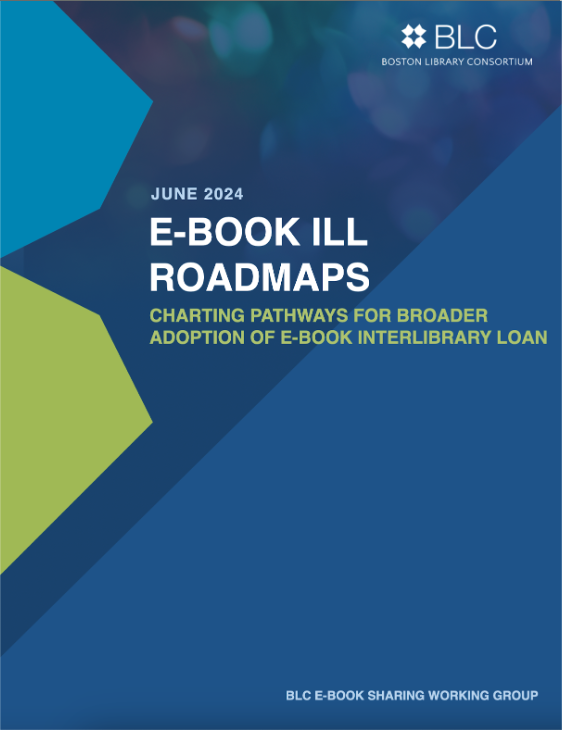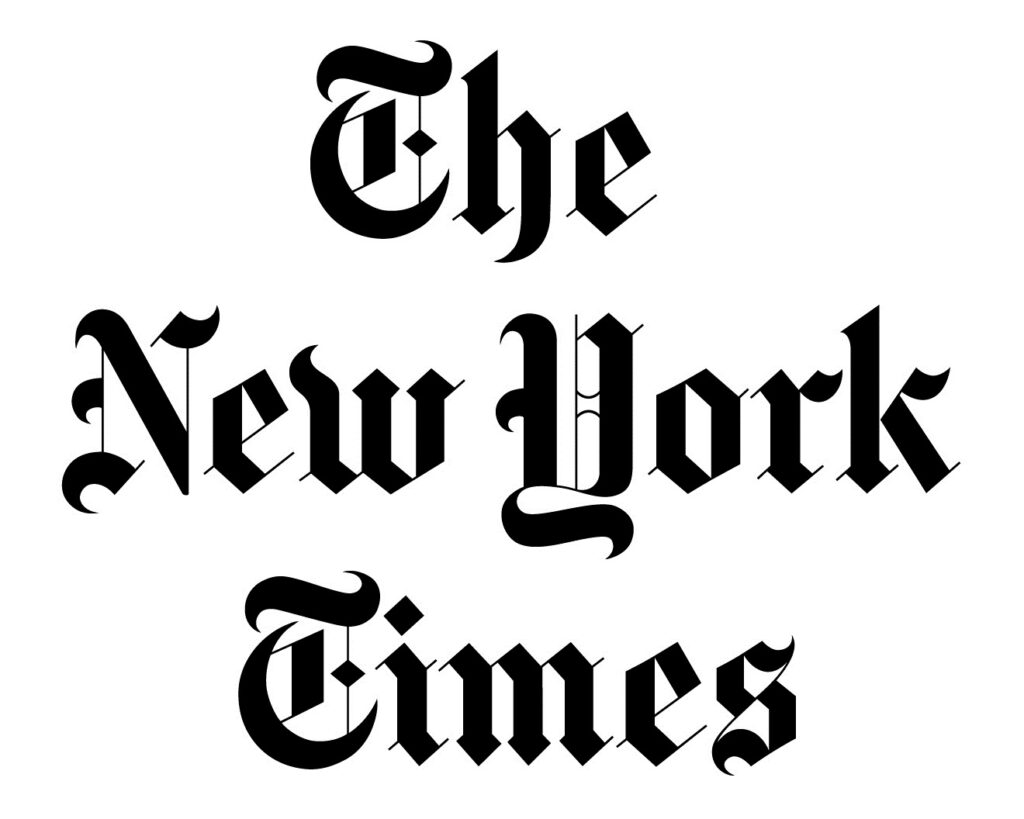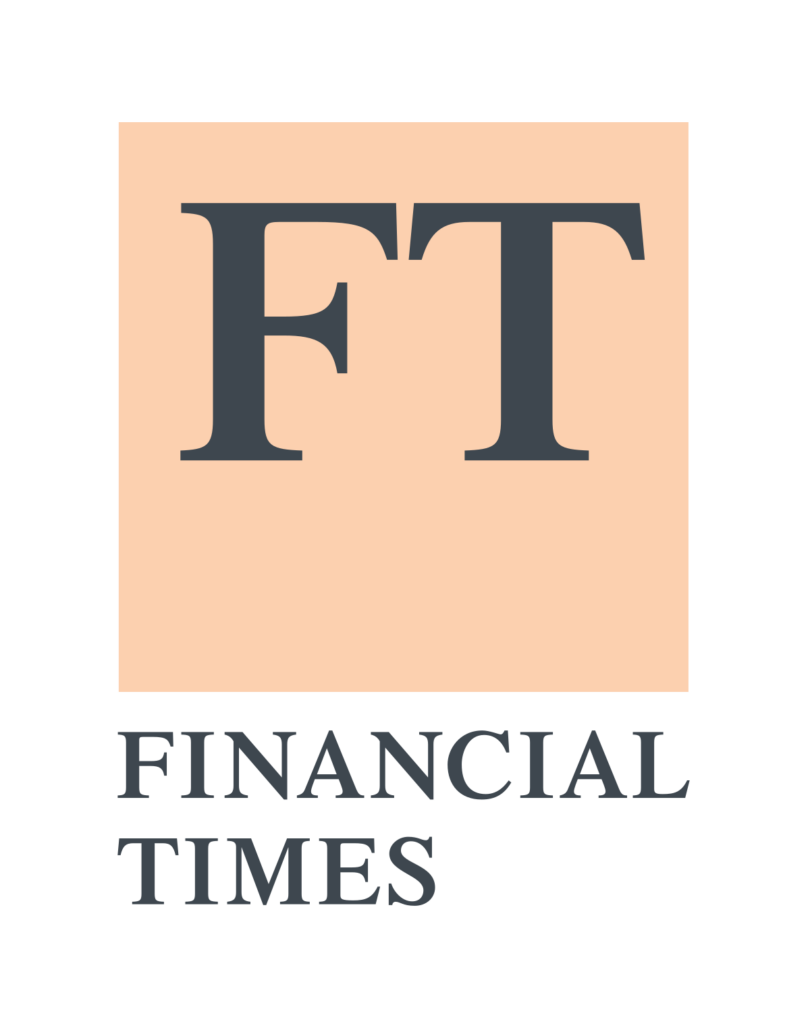Molly Dupere, BLC Group Win ALA STARS Award
As Northeastern University’s community continues to expand, the library strives to provide equitable access to our resources, maintaining an e-preferred collections policy. For items outside of our collections, interlibrary loan is integral—and this service includes borrowing e-books whenever possible.
In 2023, representatives from 11 member institutions within the Boston Library Consortium (BLC) formed the eBook Sharing Working Group. I was proud to co-chair the group with Marc Hoffeditz, Resource Sharing Manager of the BLC. Pamela Diaz, Northeastern’s Resource Sharing Lending Coordinator, was also a member. Our charges were:
- Investigating a vendor-neutral, consortial approach to e-book borrowing and lending.
- Crafting documentation to detail e-book borrowing and lending procedures, including license negotiations, holding considerations, system alterations, and adaptable workflows.
- Exploring potential avenues for consortial e-book sharing, advocacy, and group acquisitions.
After a year of work, research, and collaboration with the greater BLC community, we published the E-Book ILL Roadmaps: Charting Pathways for Broader Adoption of E-Book Interlibrary Loan in June 2024. Later that year, Marc and I presented at the BLC Forum, the Northwest ILL Conference, and the Access Services Conference, and we were happy to learn that the Roadmaps won the American Library Association’s 2025 STARS Publication Recognition Award. We are excited about the potential for libraries across the world to implement them in their own ILL departments.



